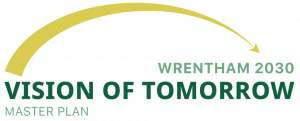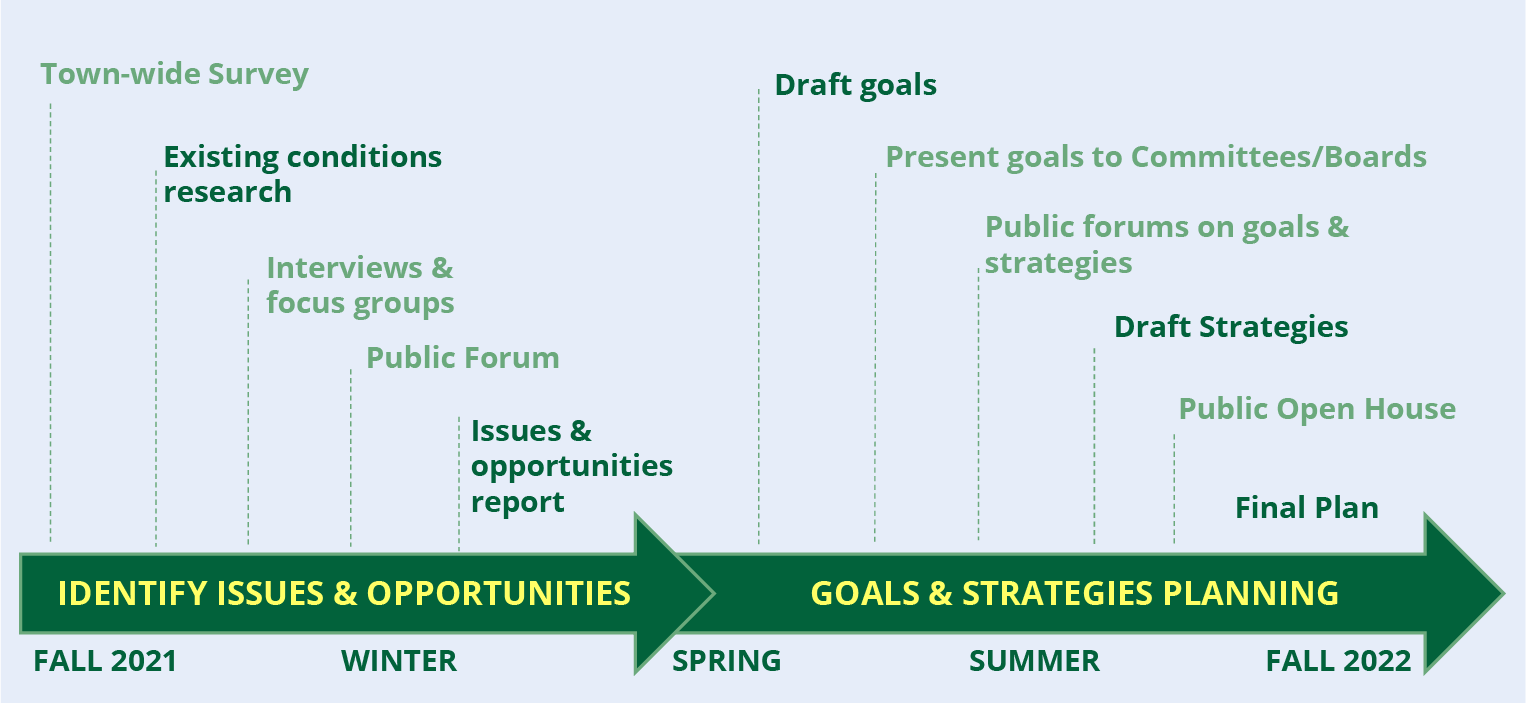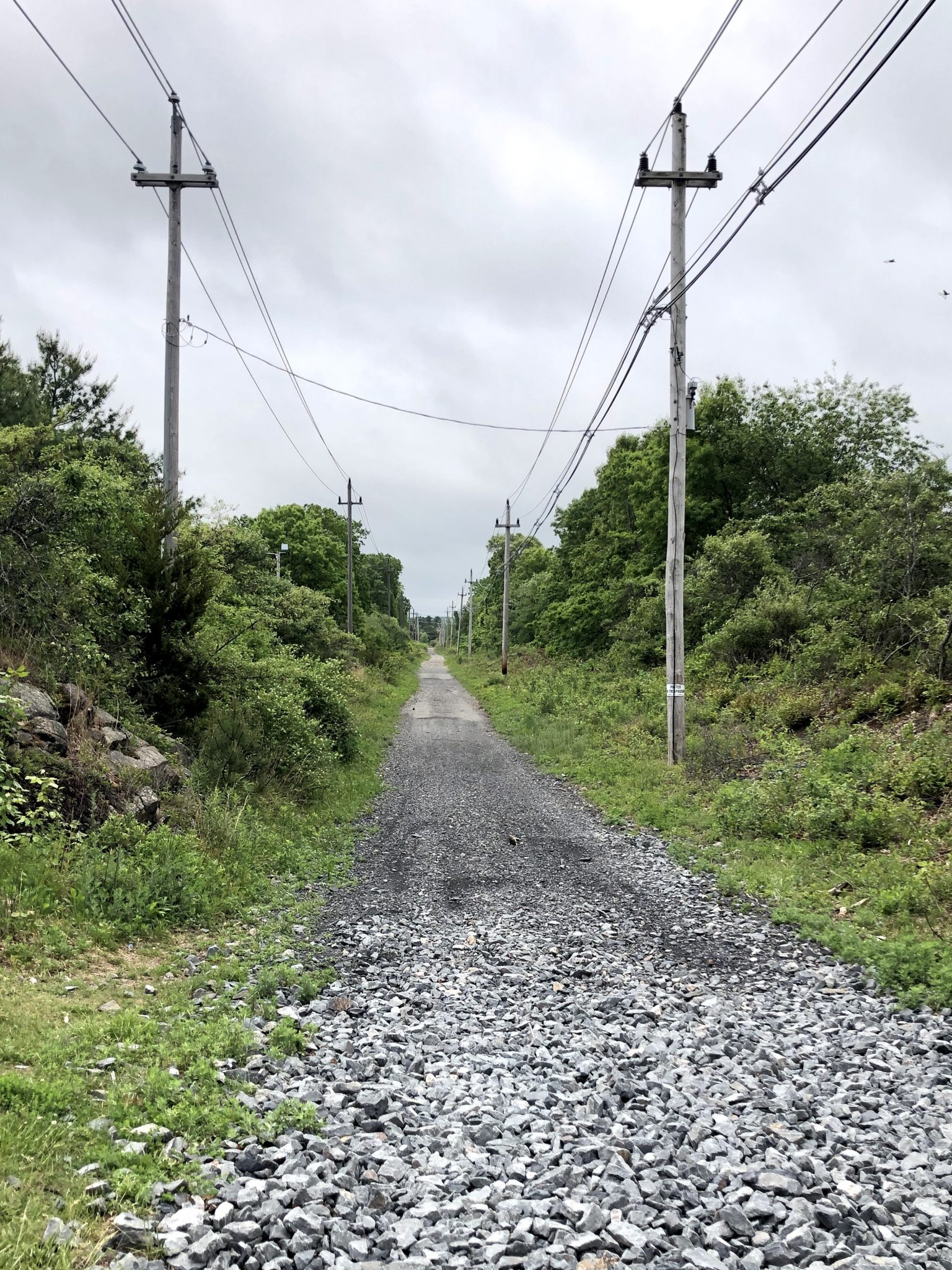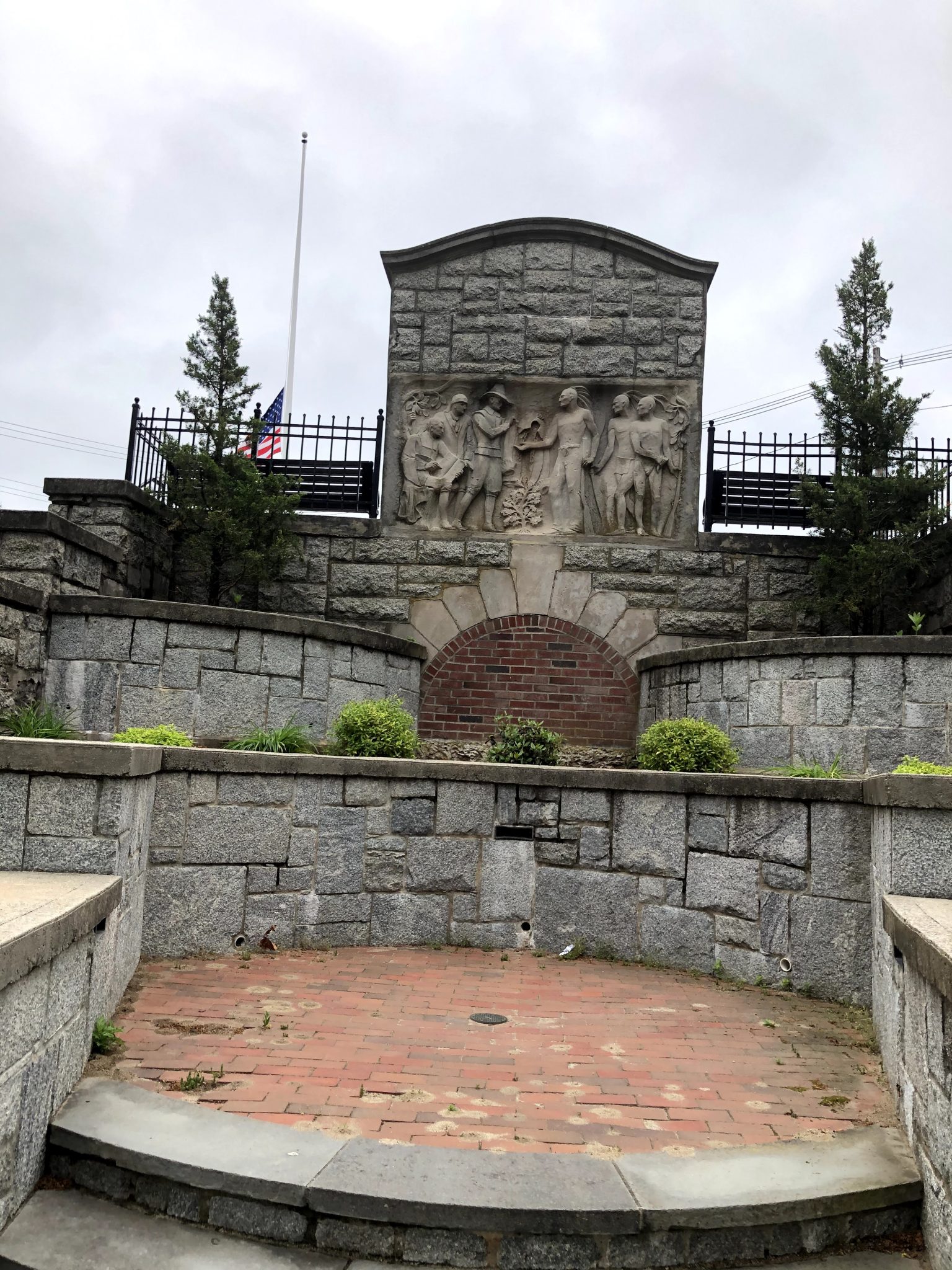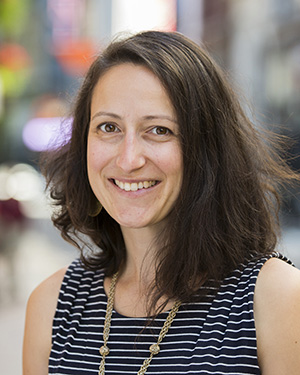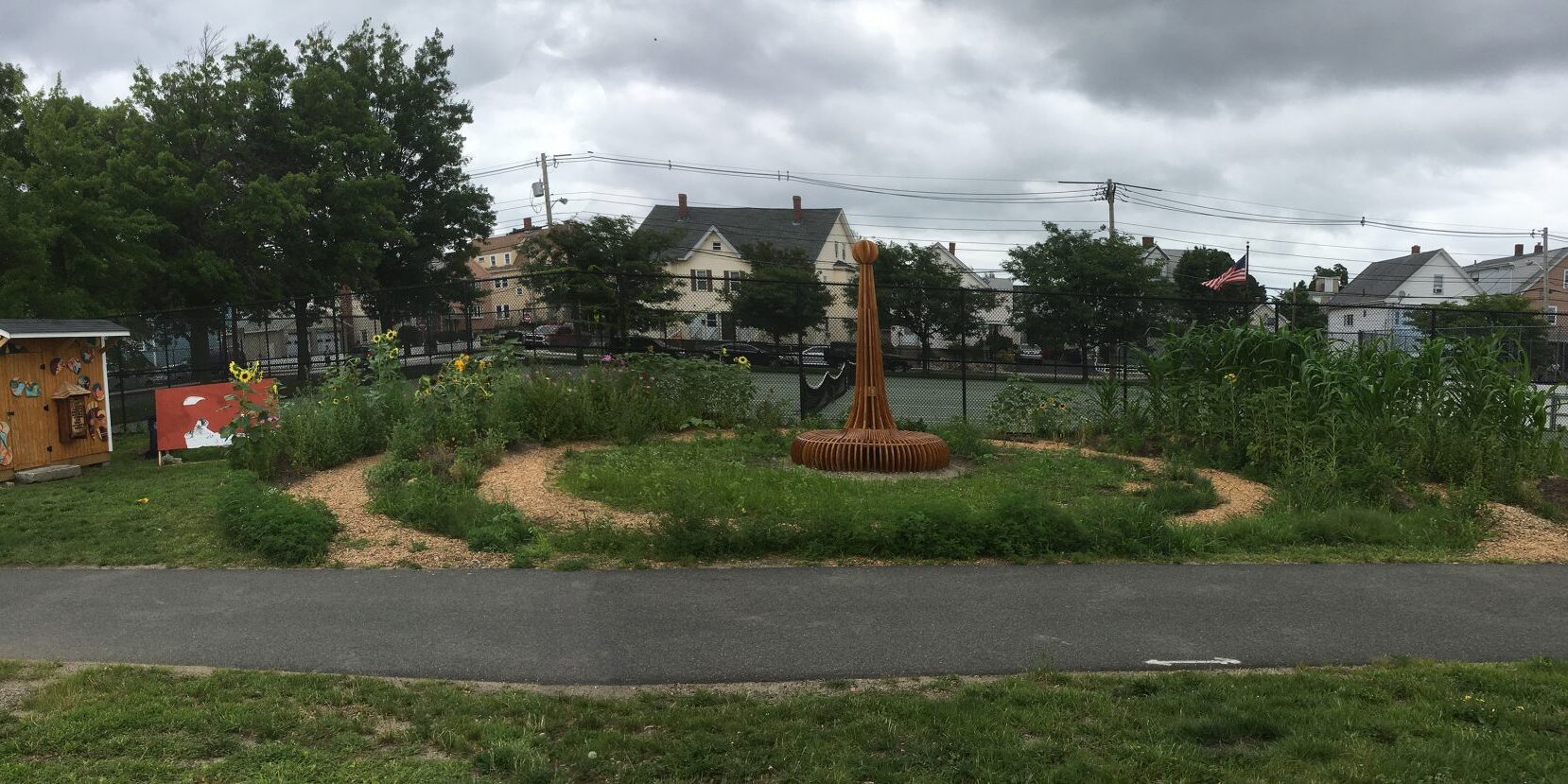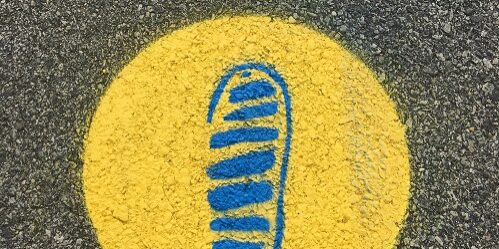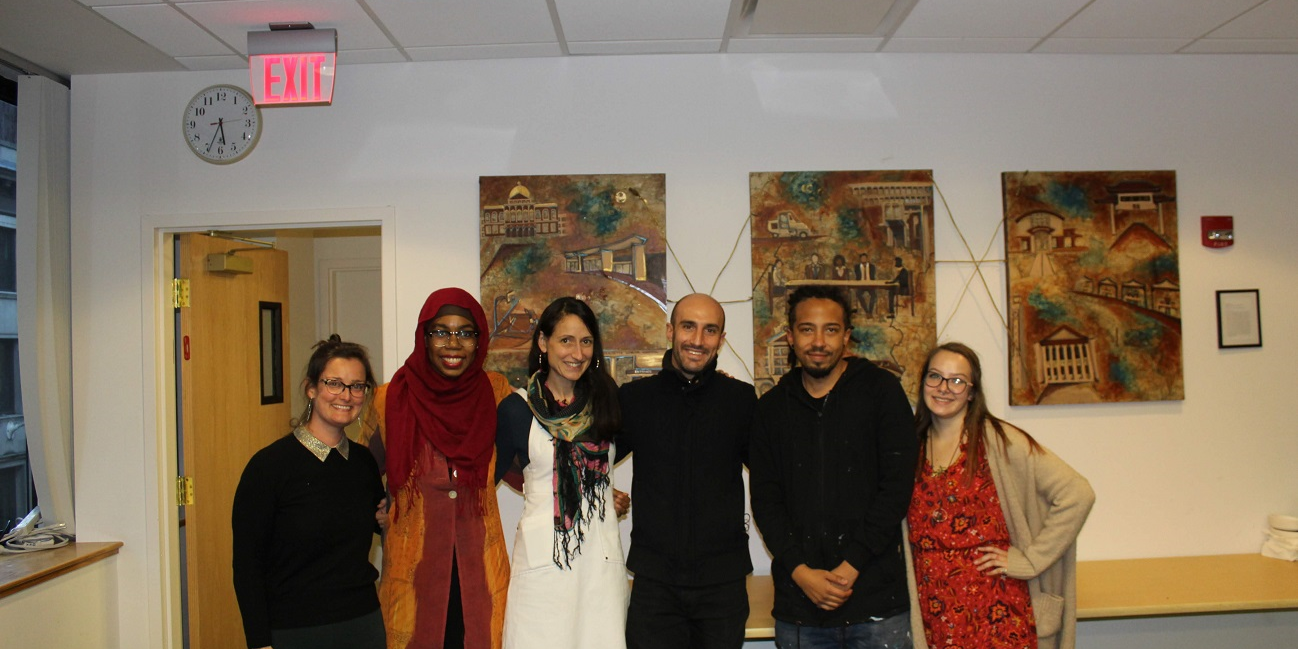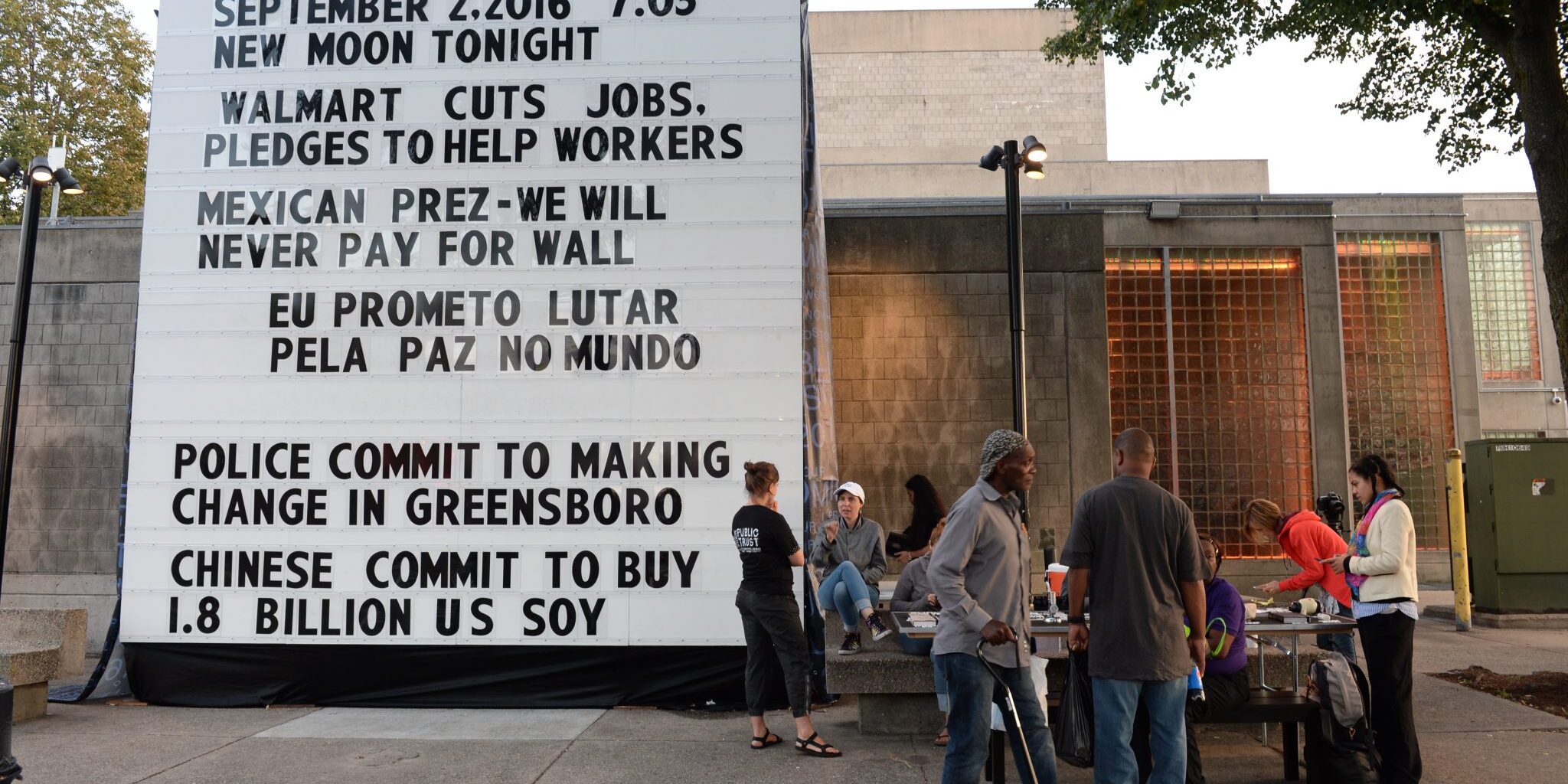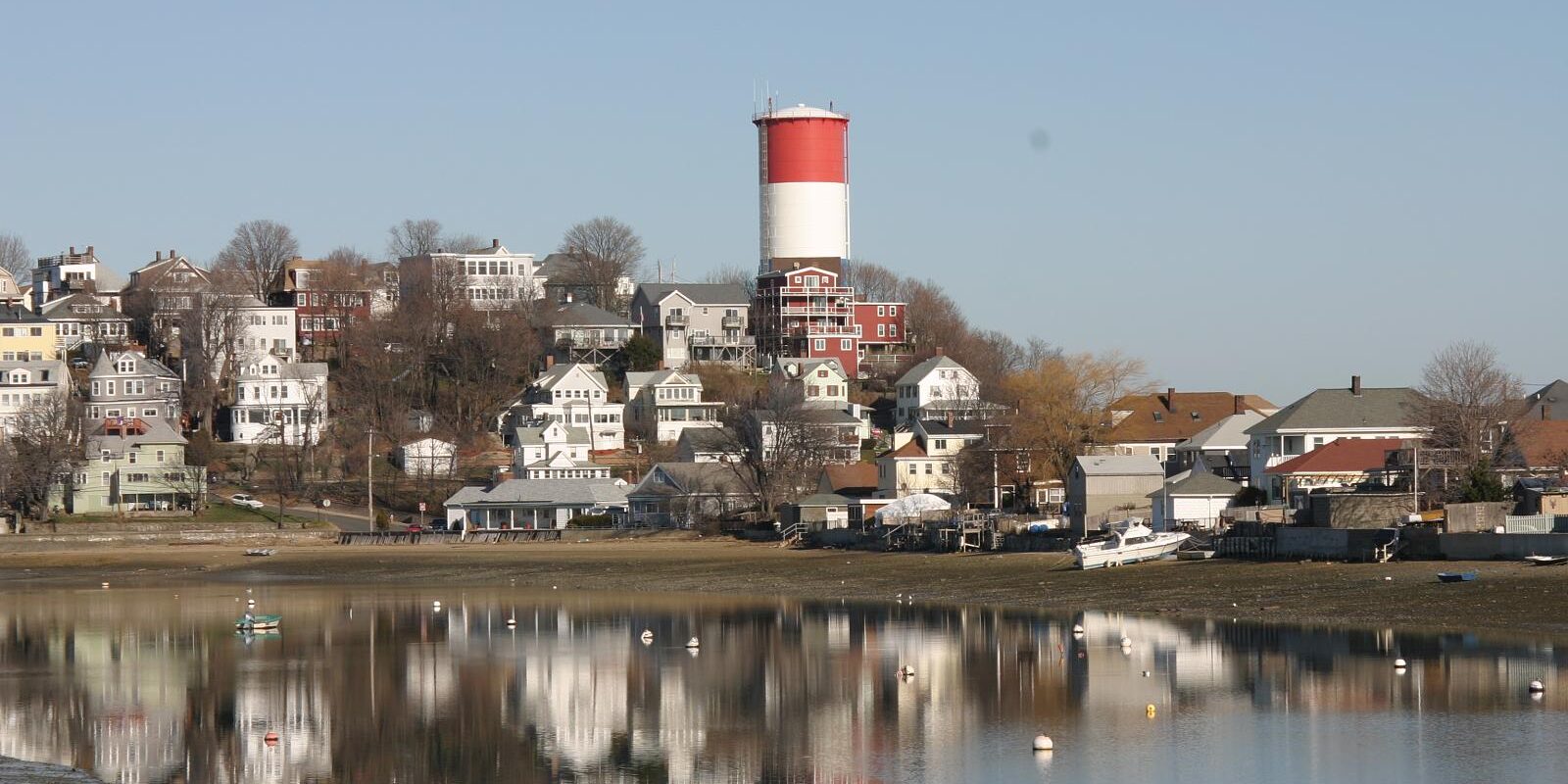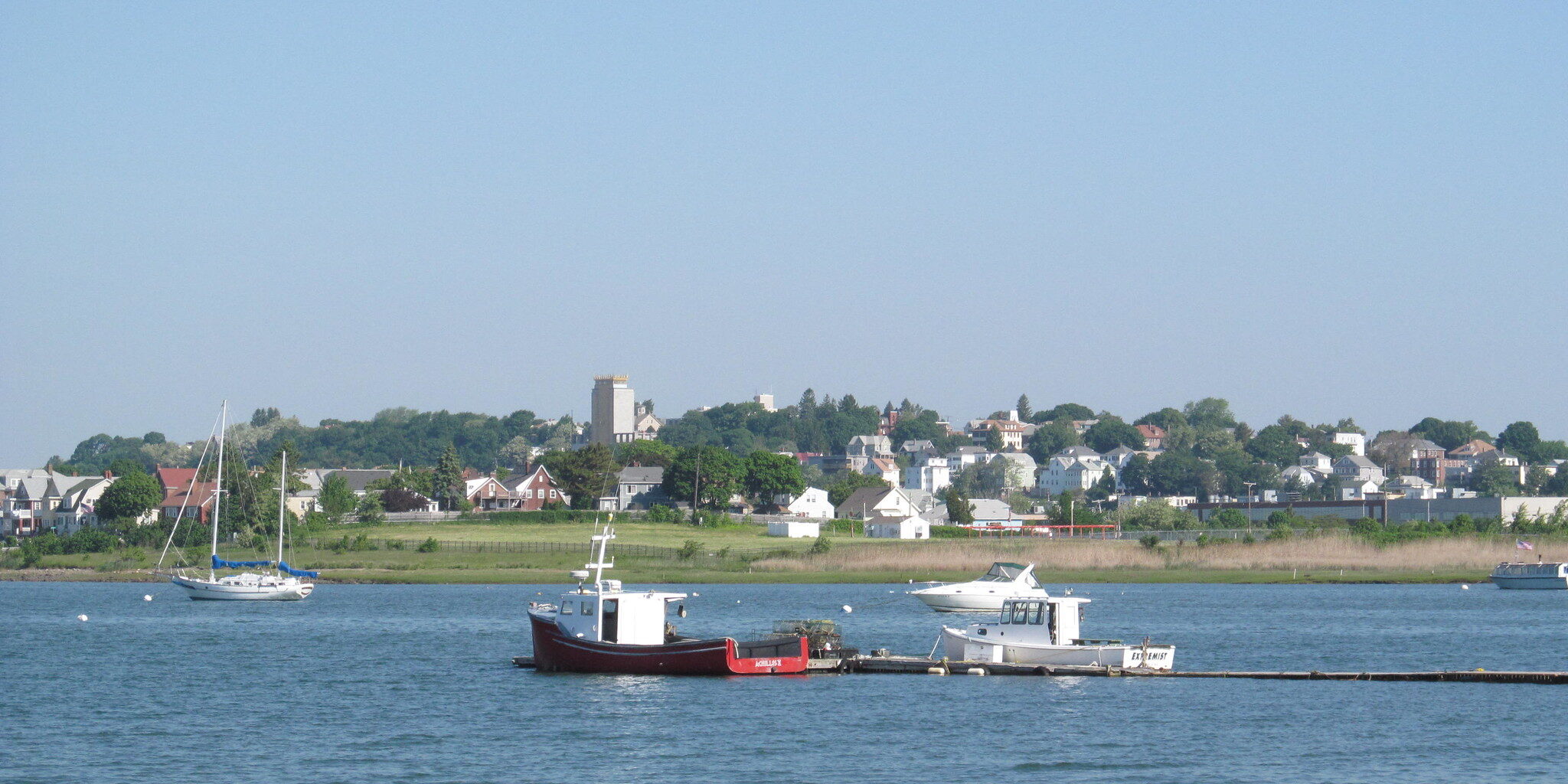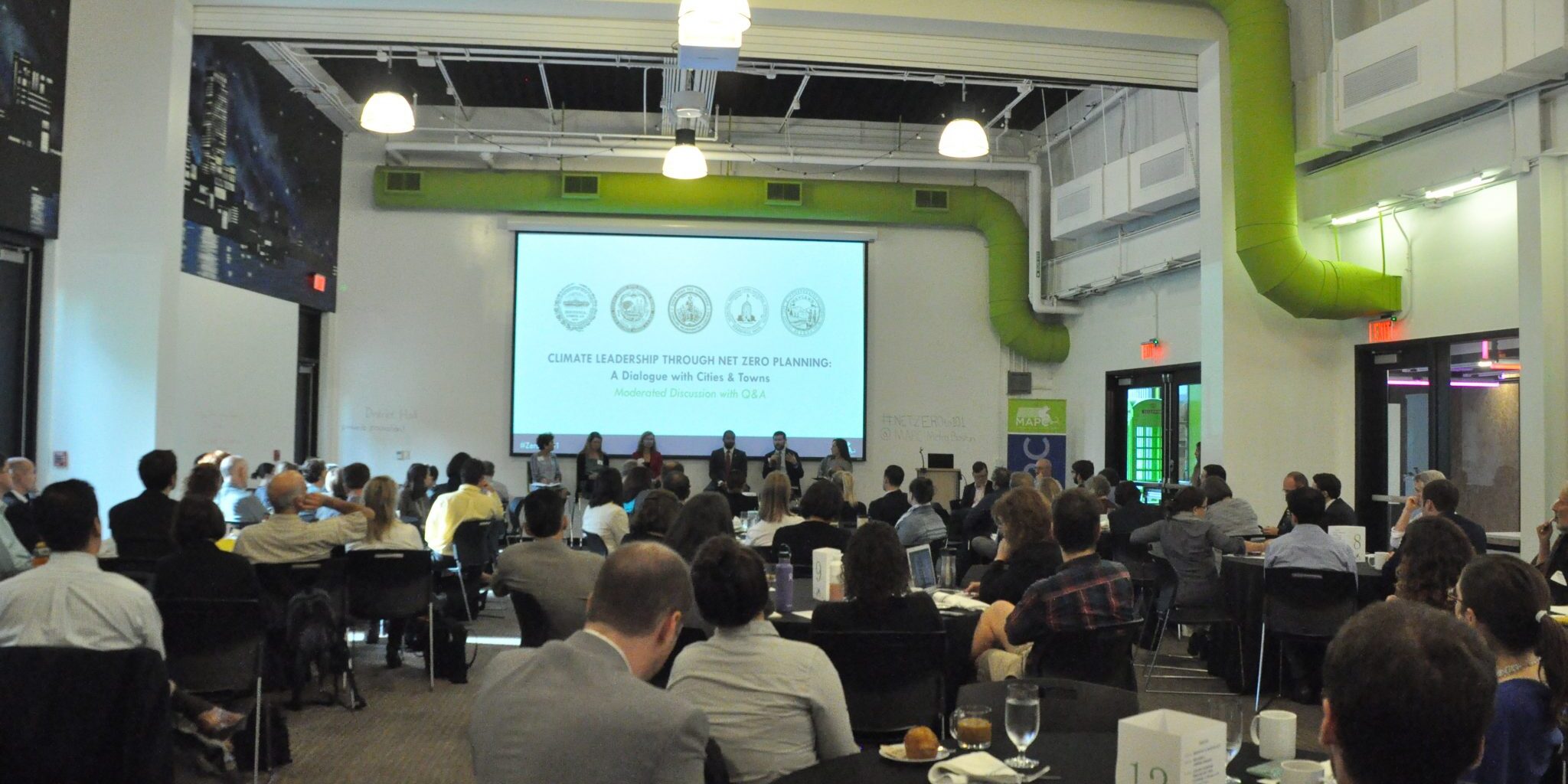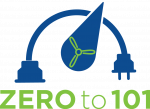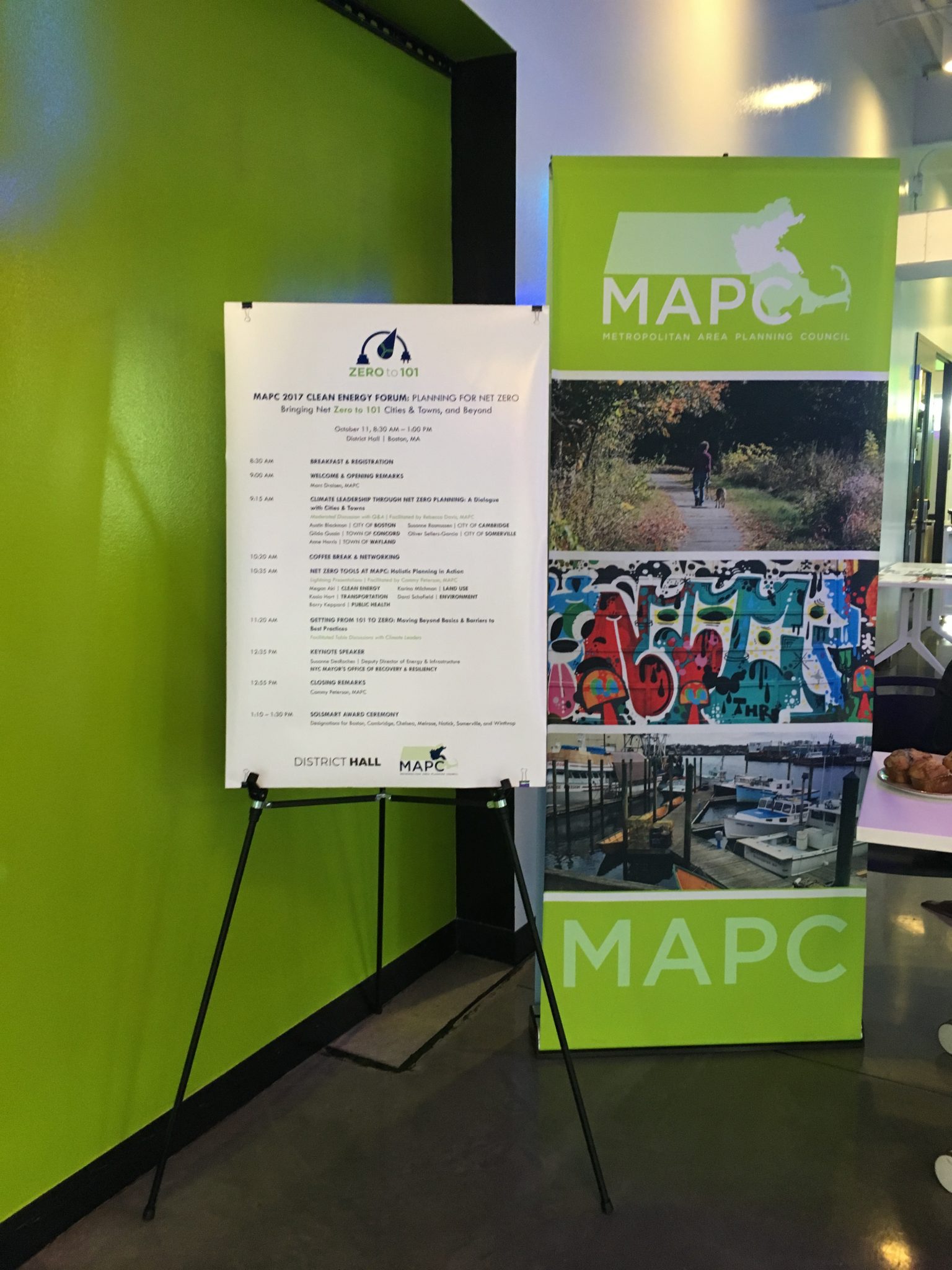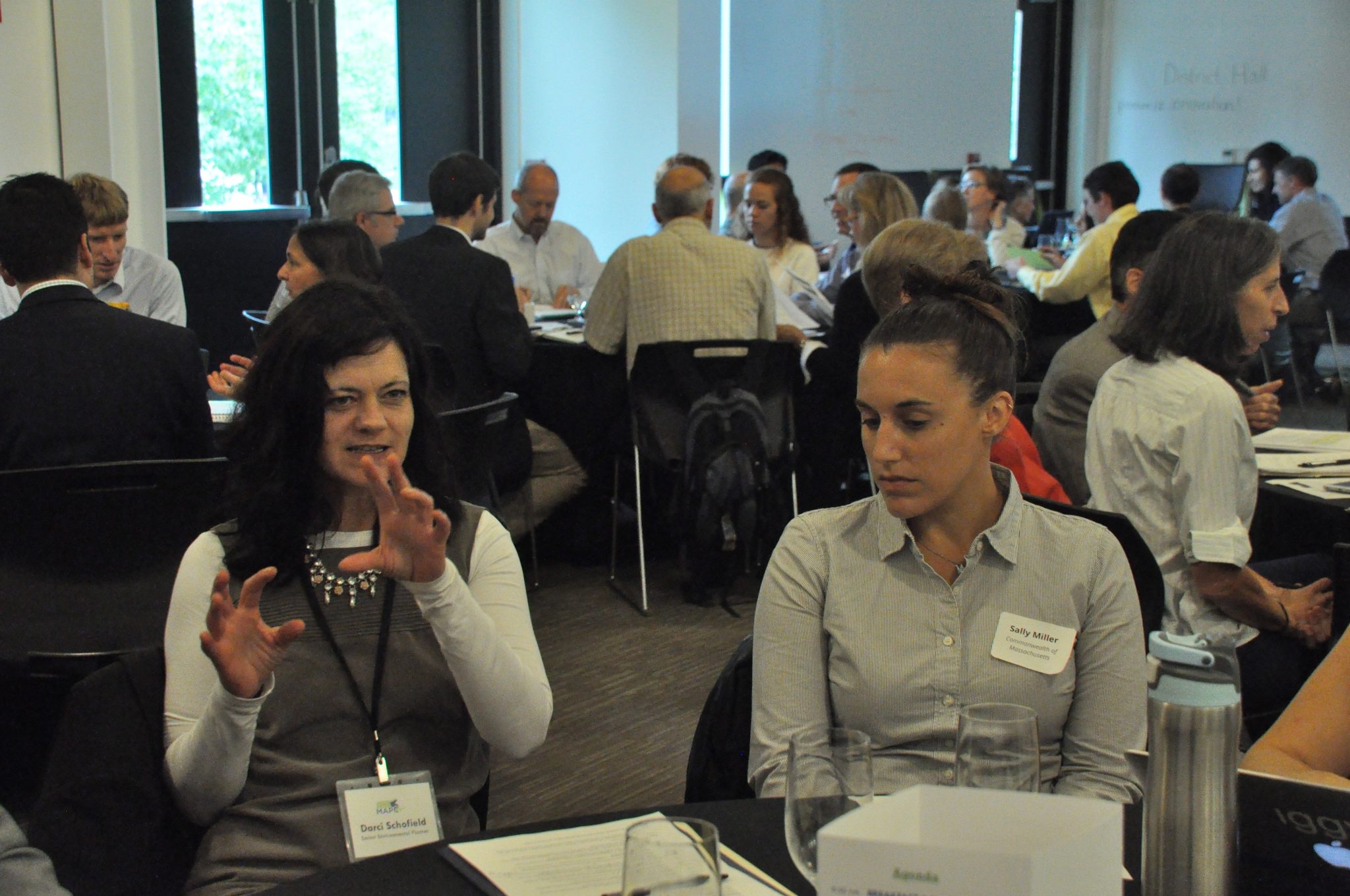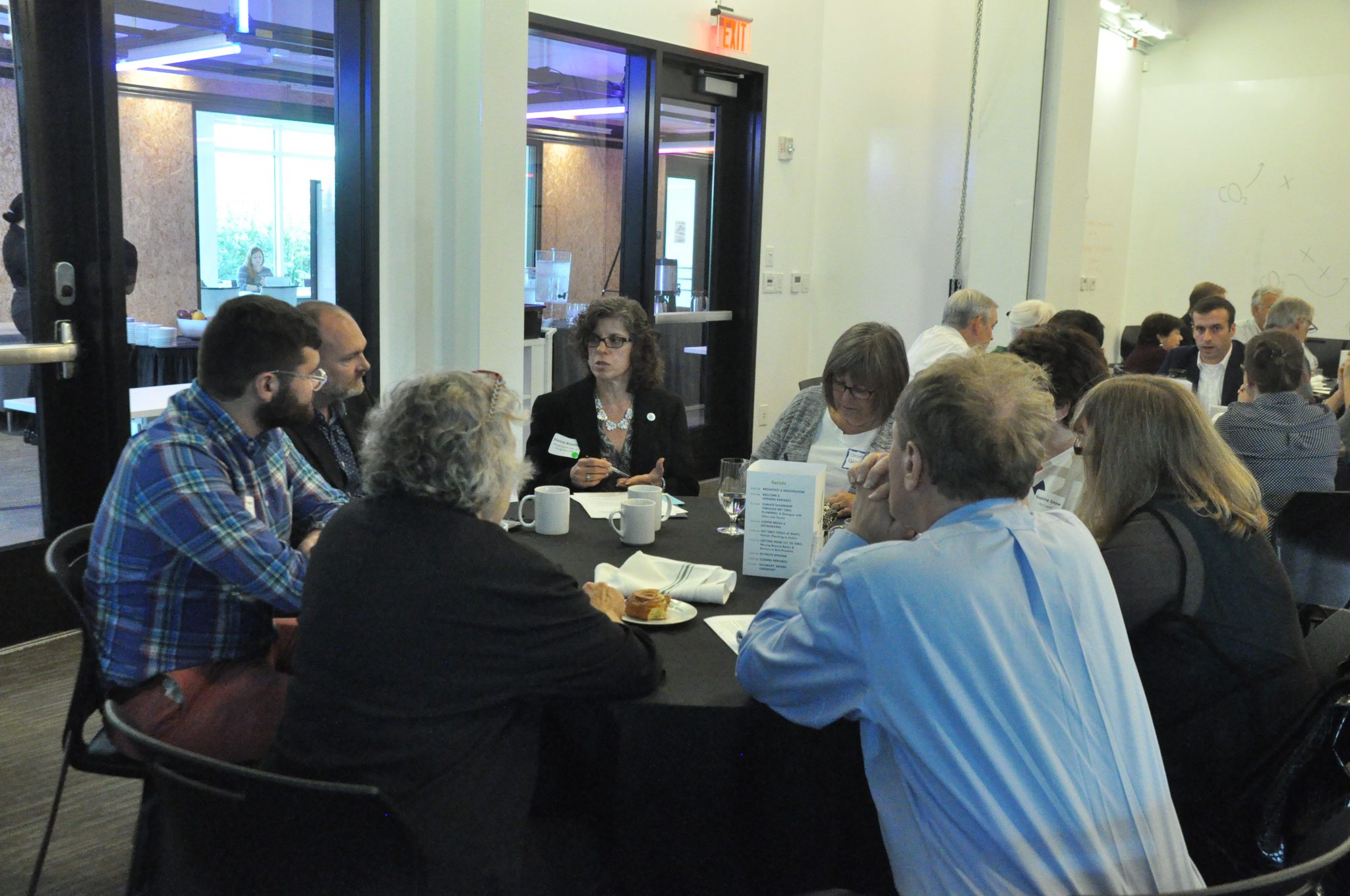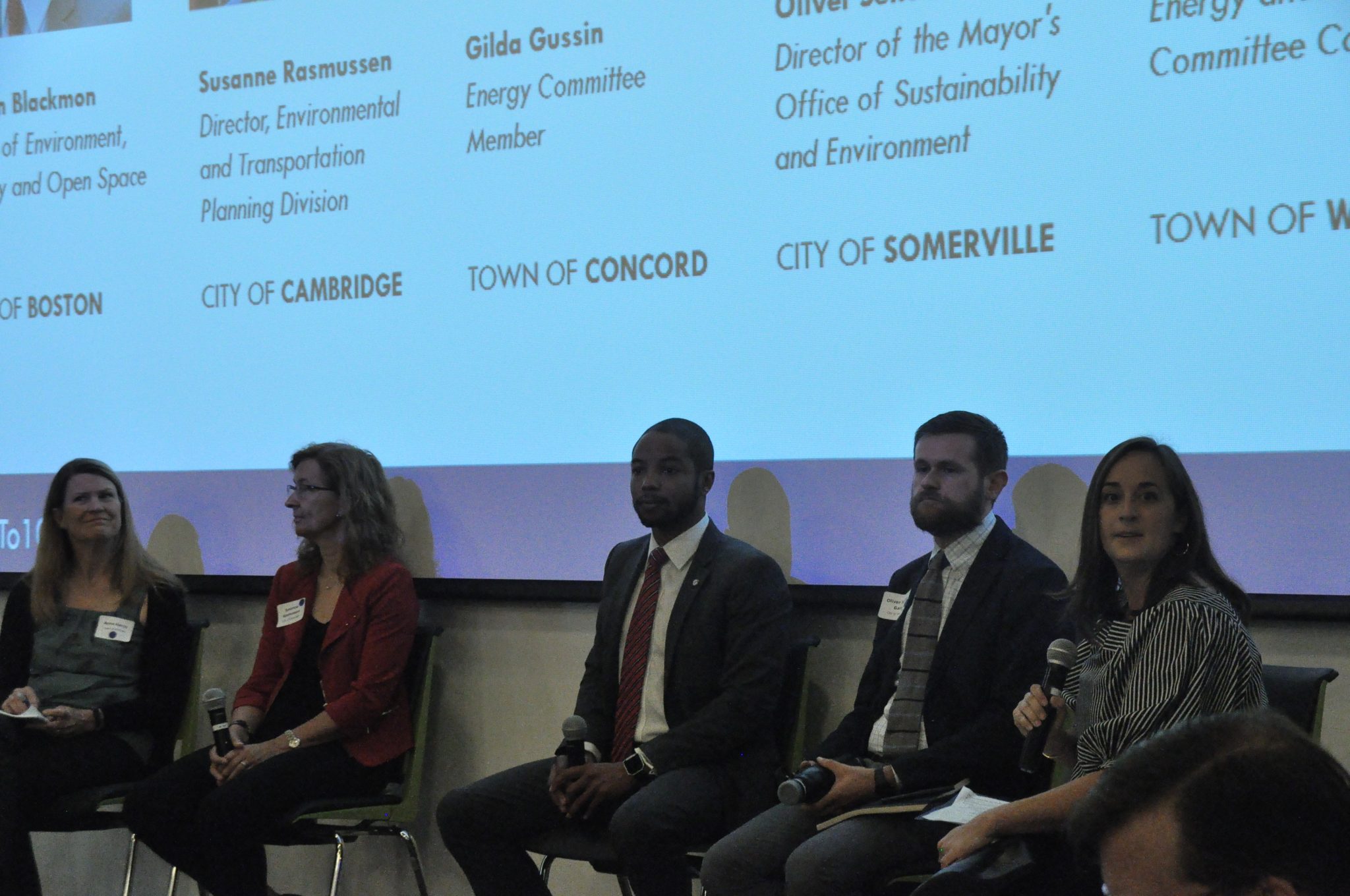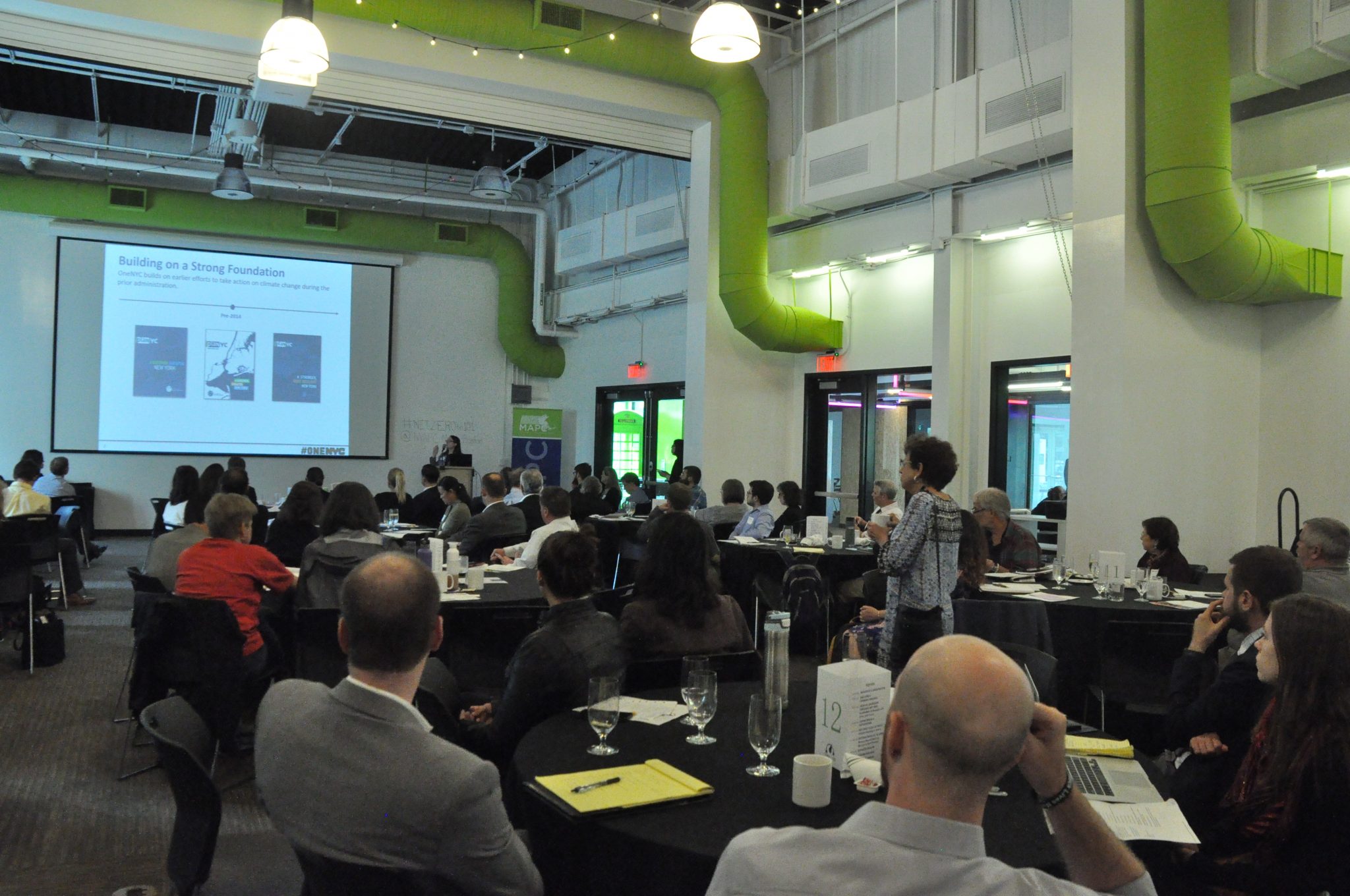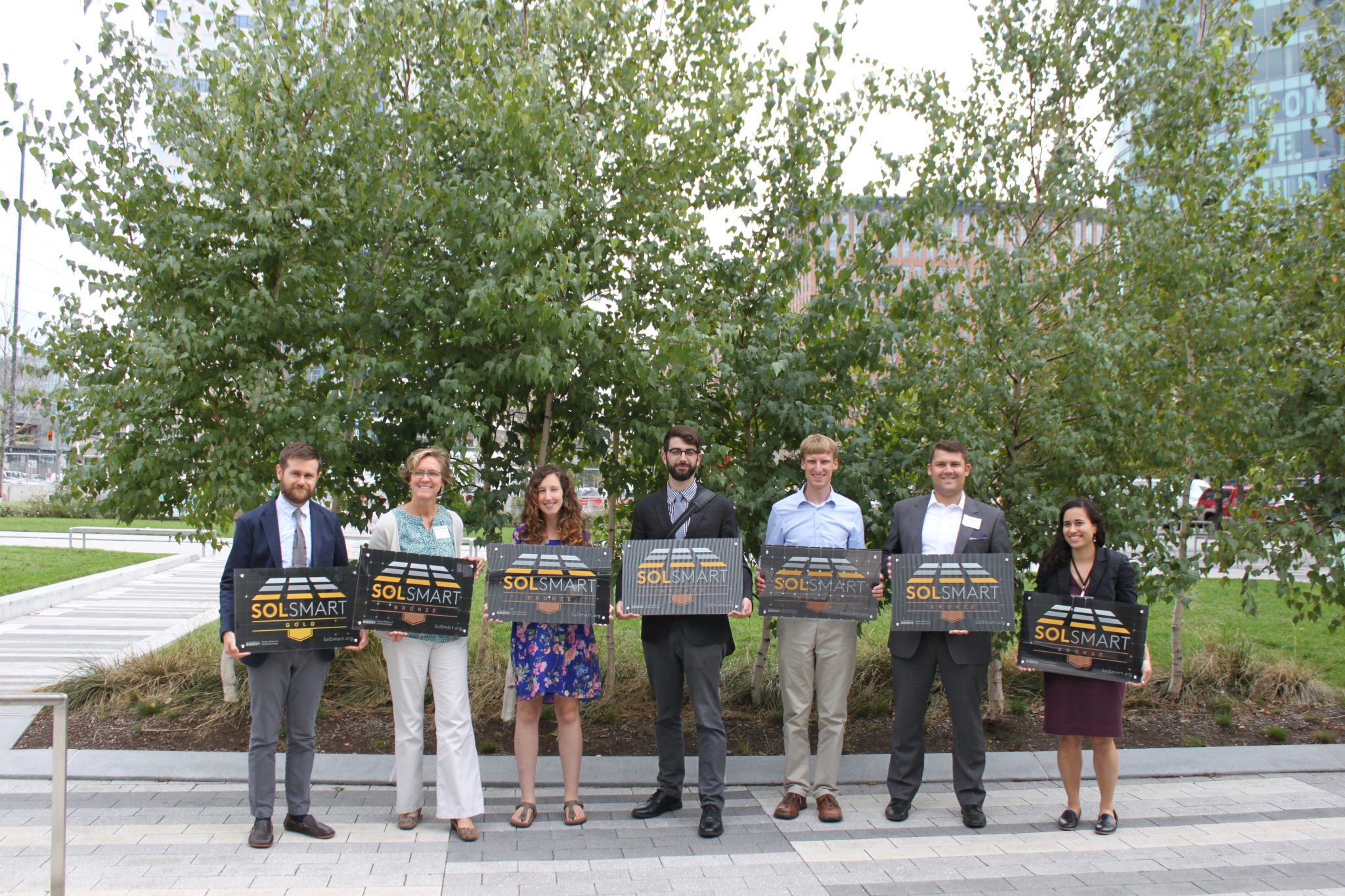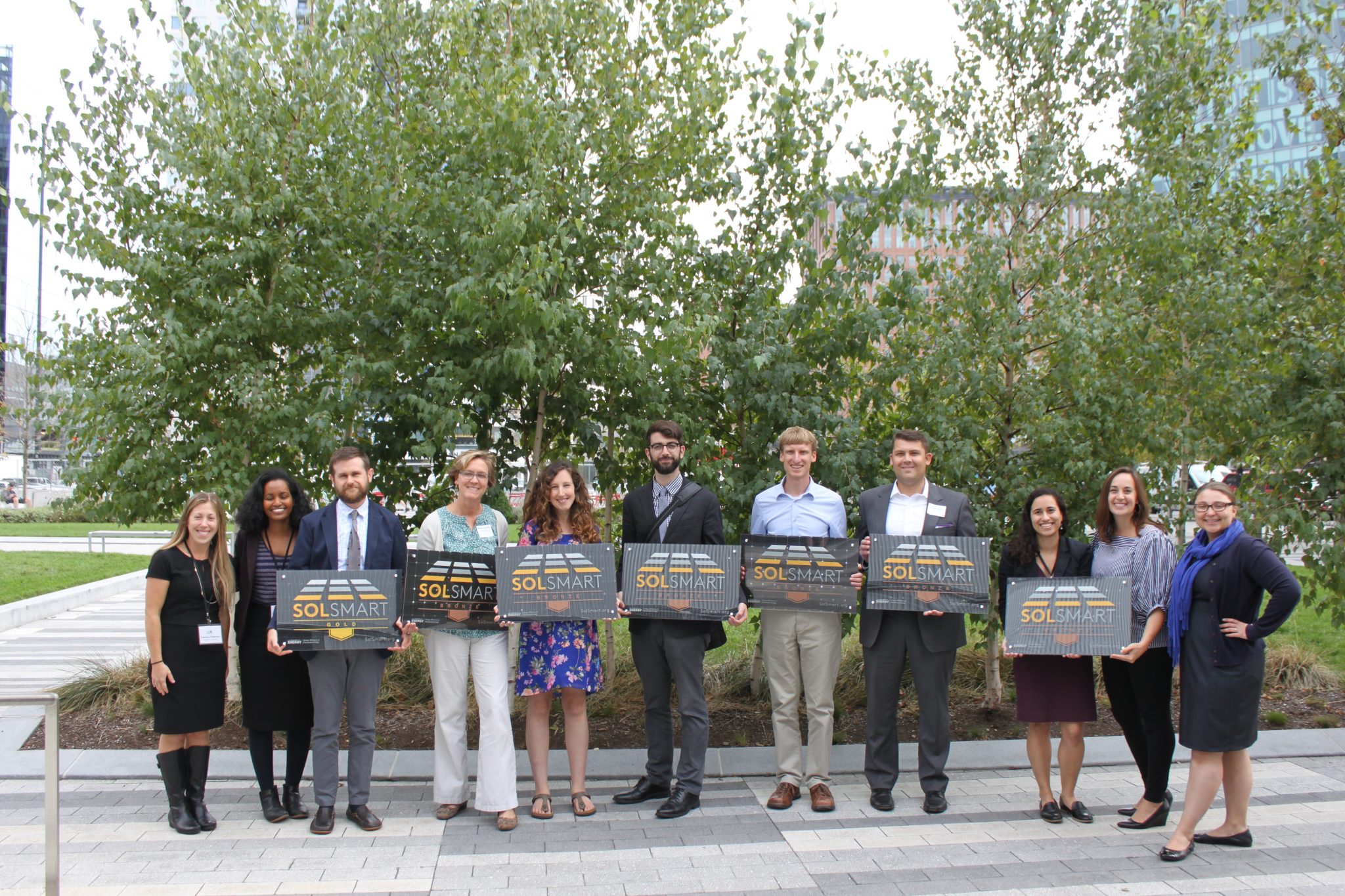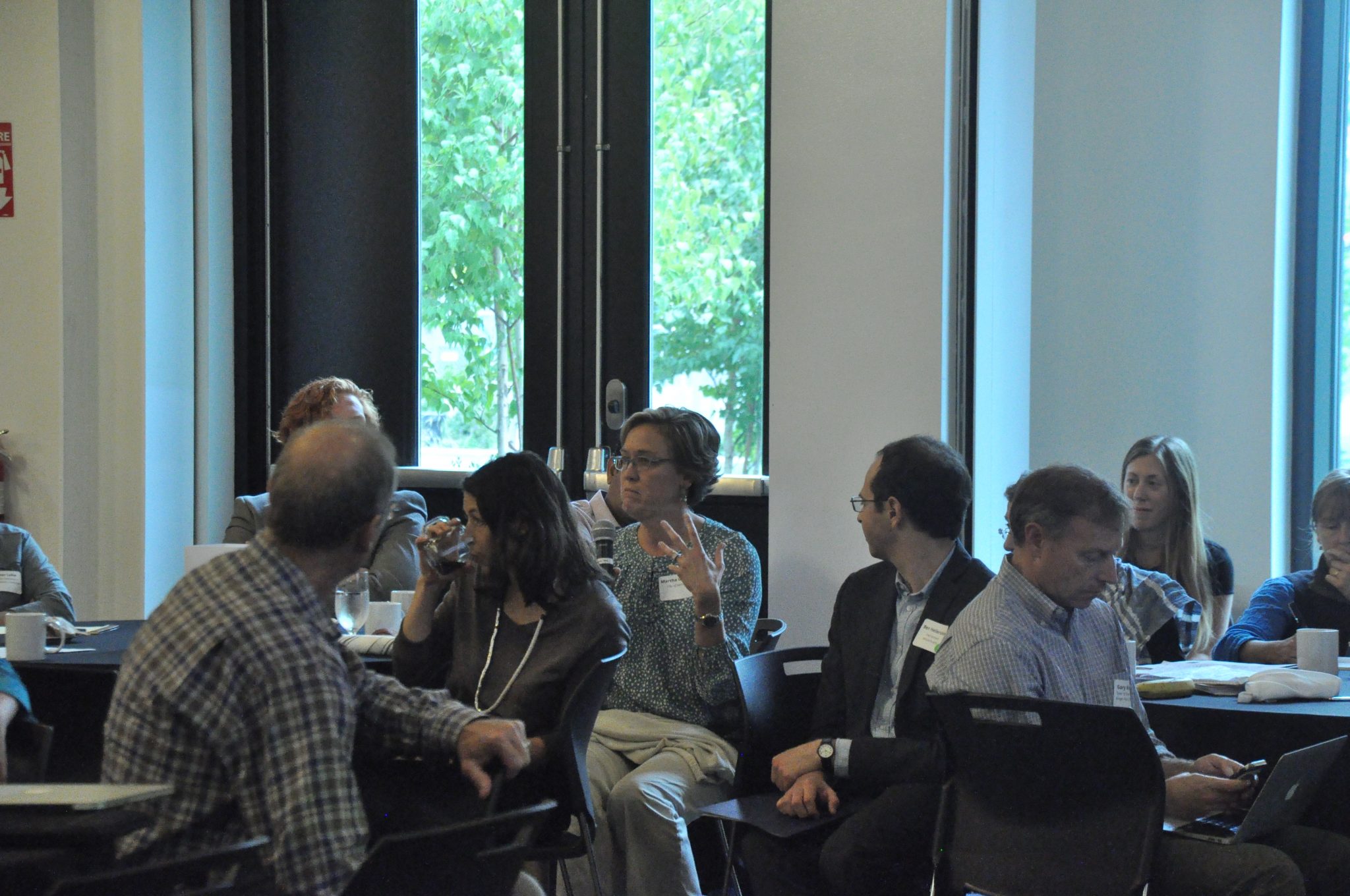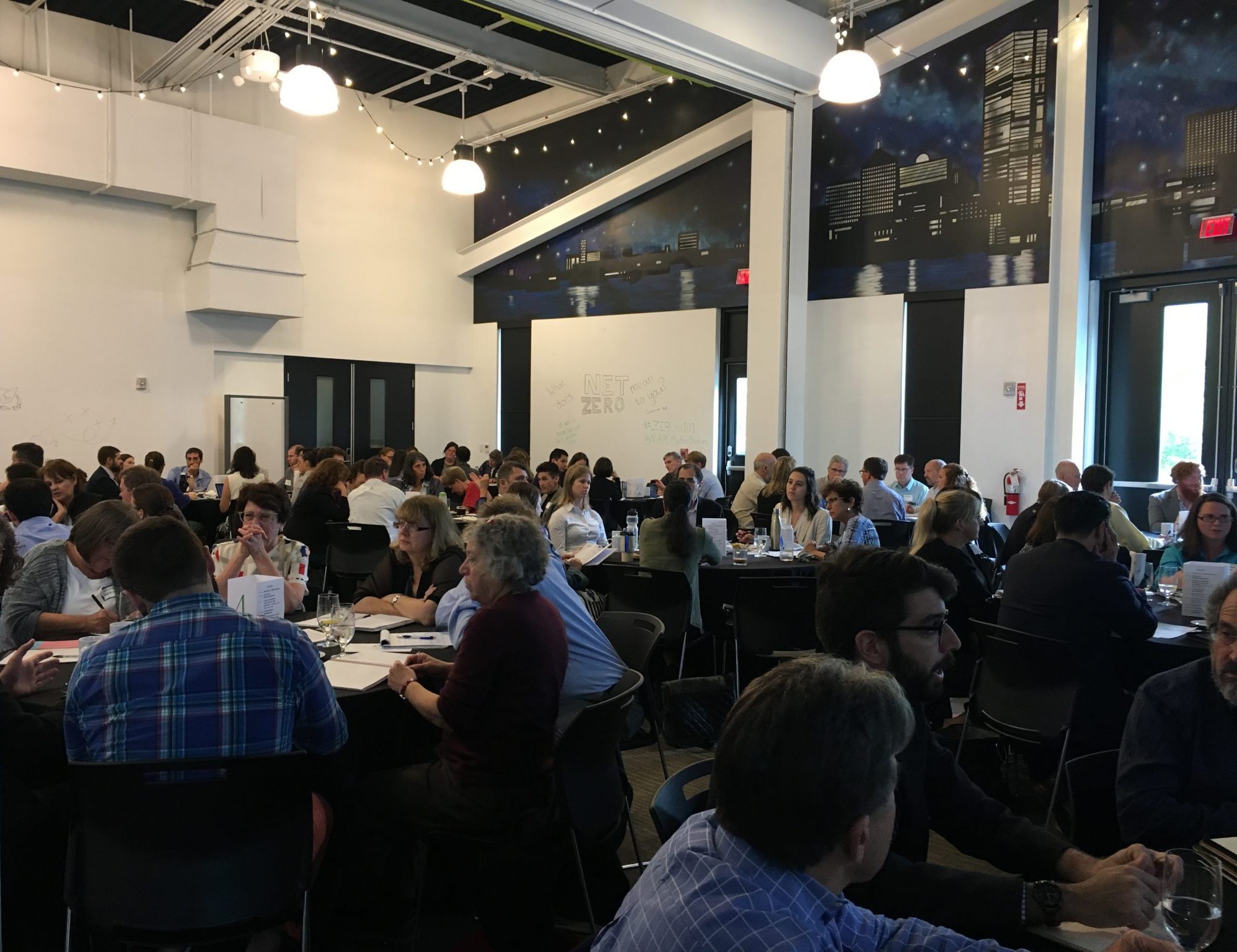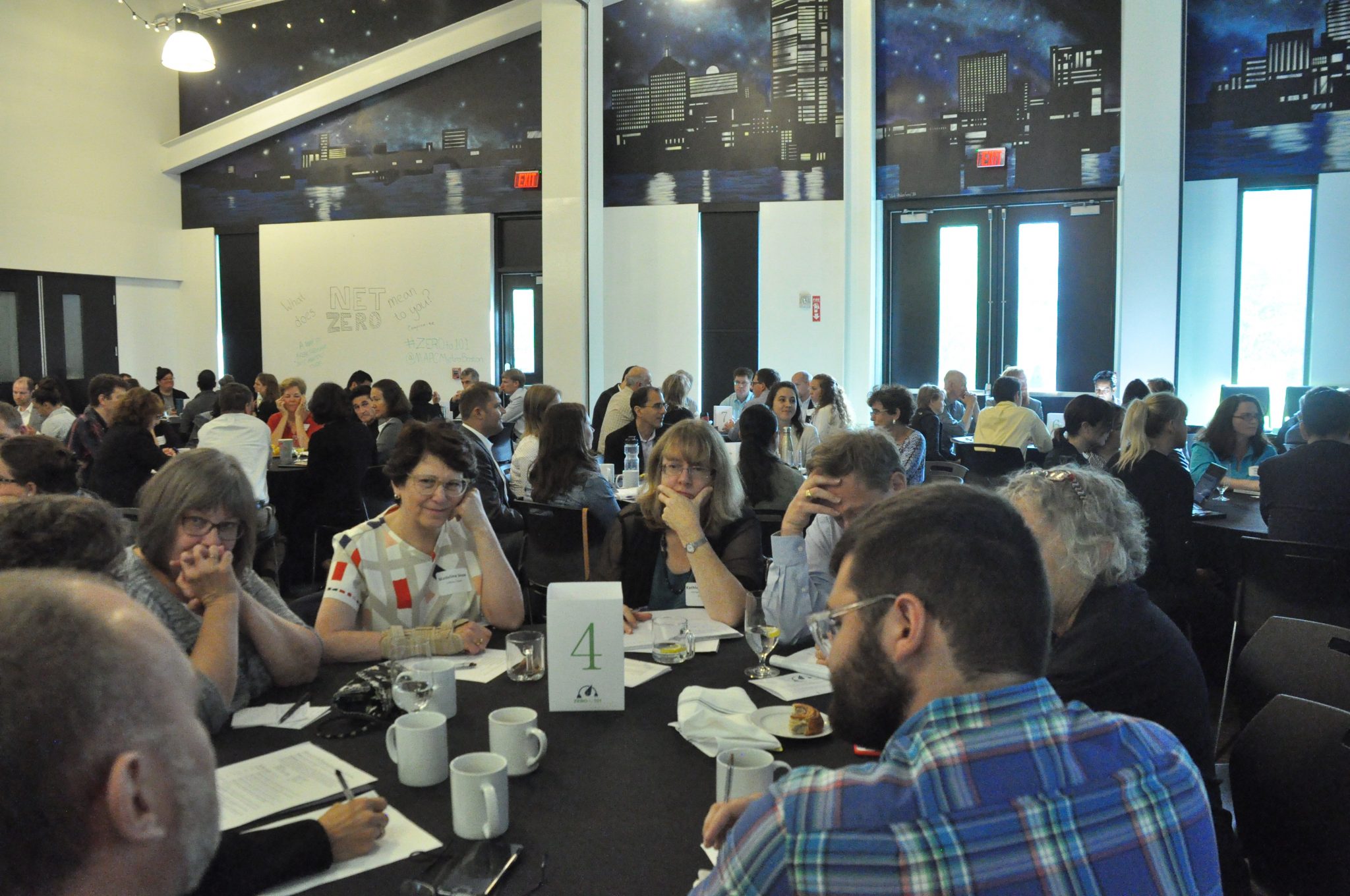Public Art, Public Memory
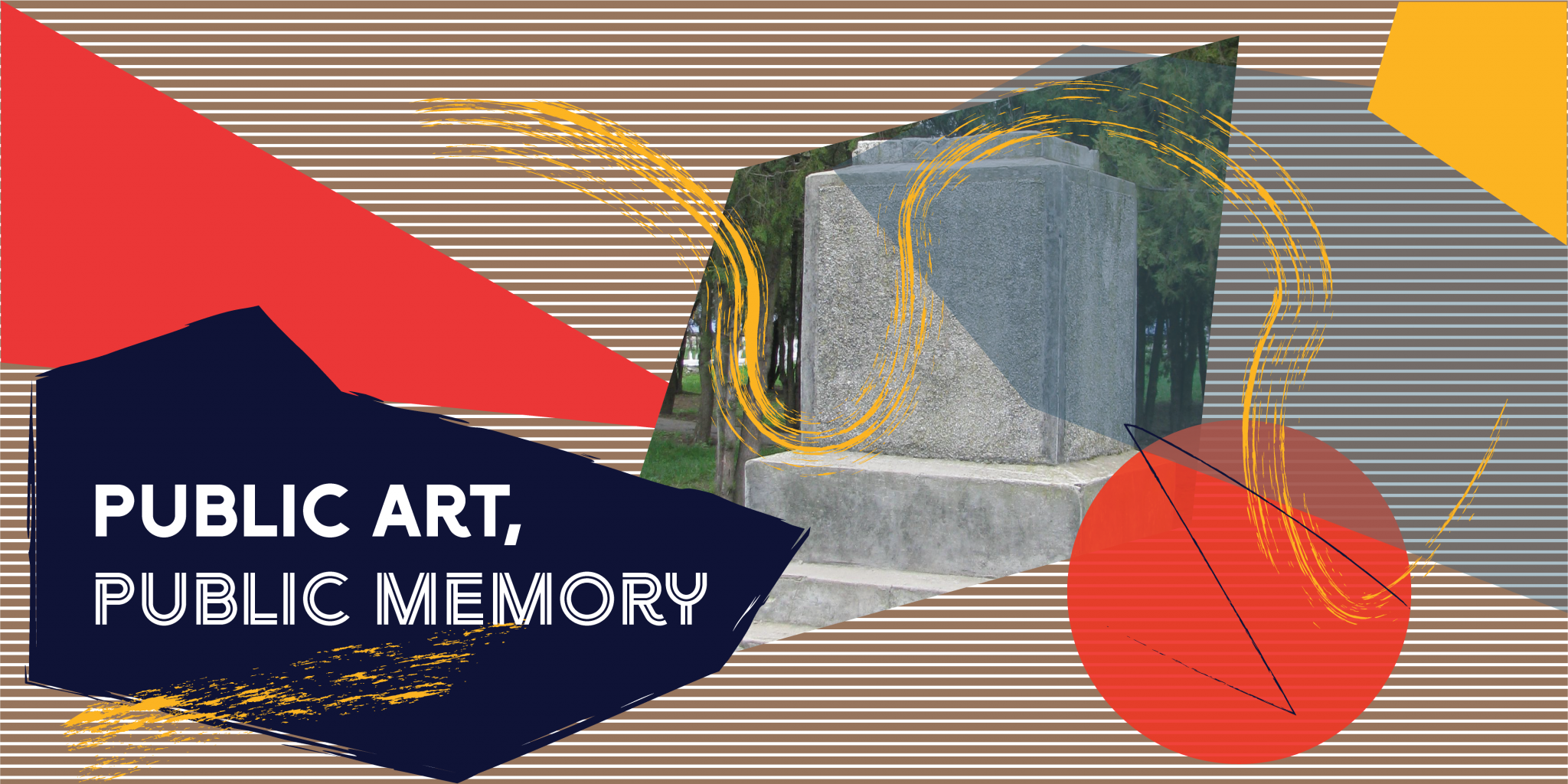
What should future monuments look like in your community?
“Memorials aren’t memories; they have motives. They are historical; they are not history itself.” – Nate DiMeo
“Monuments inscribe meaning and possibility into our environments.” – Hilary Malson
How do monuments and memorials shape our experience of public space—and how we define whom “the public” includes? How can we reimagine the systems that have produced and maintained these public symbols of celebration and oppression? And how can artists and public art help us reframe the past and present to create more inclusive futures?
This discussion series, “Public Art, Public Memory,” explored the role that planners, artists, and community leaders can play in cultivating more just and inclusive public spaces through public art and collective memory. Participants heard from artists and cultural organizers working at the intersection of creativity, history, and community-building, and learned about inspiring examples and practical tools to help shape more inclusive and expansive monuments in our region.
This series took place weekly on Tuesdays from 4 p.m. to 5:30 p.m. EST, from September 22 through October 13, 2020.
Check out recordings from all four events here.
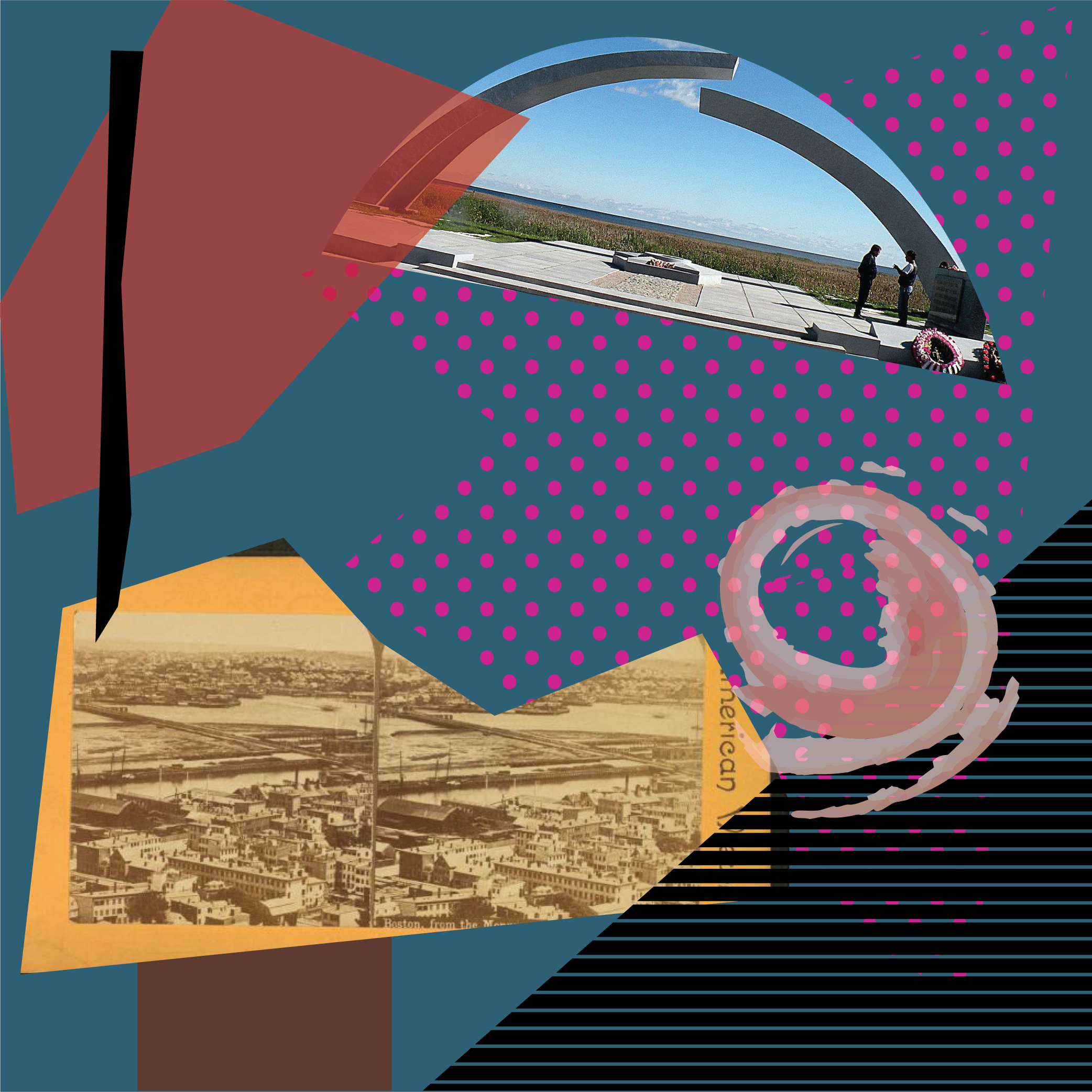
For questions or more information about the series, please contact Emma Boast at [email protected]
Watch now
On this Land: Reframing Public Memory
September 22, 2020 | 4 p.m. – 5:30 p.m. ET
How do monuments and memorials shape our understanding of place—and what we choose to forget? And how might we reframe public memory to address the harmful legacy of colonialism in our region? This artist panel considered how remembering and forgetting of Indigenous peoples and colonial history shaped the landscape and collective consciousness of Greater Boston—and the necessary role of Indigenous artists in shaping more just public spaces.
SPEAKERS
- Erin Genia (Sisseton-Wahpeton Oyate), Artist in Residence for the City of Boston; Multidisciplinary artist, educator, and organizer
- Nia Holley (Nipmuc), Interdisciplinary artist whose work is deeply influenced by what survival and healing look like within Black and Indigenous communities
- Jonathan Perry (Aquinnah Wampanoag), Culture bearer, leader, historian, artist and professional speaker
- Kim Szeto, Program Director of Public Art at the New England Foundation for the Arts (facilitator)
Future Histories: The Case for Creative Commemoration
September 29, 2020 | 4 p.m. – 5:30 p.m. ET
Reclaim? Recontextualize? Relocate? Remove? What should we do with monuments that no longer reflect our shared history and collective values (or never did to begin with)? This conversation among artists, designers, and educators explored how creative commemoration can help us see the past and present in a new light—and chart a path toward more just futures.
SPEAKERS
- Becci Davis Visual Artist and Educator; Adjunct Lecturer in Visual Art at Brown University
- Mel Isidor Principal Designer at Isidor Studio; MIT Master of City Planning Candidate, 2022
- Dr. Renée Ater Provost’s Visiting Professor in Africana Studies, Brown University (2020-2021)(facilitator)
RELATED RESOURCES
- Check out Becci Davis’s presentation to learn more about recent public projects reclaiming and reframing sites of memory, including “My Living Monument” and “A Counter-Monument FUBU.”
- Revisit Mel Isidor’s presentation to learn more about her work on the Frederick Douglass Memorial Project and her community-centered research and design.
- Learn more about Dr. Renée Ater’s work through Contemporary Monuments to the Slave Past, a website that investigates how we visualize, interpret, and engage the slave past through contemporary monuments created for public spaces, and “I Can’t Breathe,” an Instagram memorial project.
October 6, 2020
October 13, 2020
Monument Lab Workshop: Grounding Public Art in Cultural Justice
October 6, 2020 & October 13, 2020 | 4 p.m. – 5:30 p.m. ET
How can you shape more inclusive and expansive monuments in your community? We invited Monument Lab to facilitate a workshop designed for planners, artists, advocates, municipal staff and volunteers interested in developing new approaches to public art and exploring the value of public history as a tool for community-based research and engagement.
*Note: Some portions of these workshops were not recorded.
Co-facilitators
- Paul Farber, Artistic Director and Co-Founder, Monument Lab. Senior Research Scholar, The Center for Public Art and Space at the University of Pennsylvania
- Sue Mobley, Senior Research Scholar, Monument Lab. Visiting Fellow for Arts and Culture at the American Planning Association. Visiting Scholar at the Center for Public Art and Space at the University of Pennsylvania
Guest Speakers
- Joel Garcia. 2019 Monument Lab Fellow. Artist, Arts Administrator, and Cultural Organizer, The Decolonial Initiative Task Force
- Arielle Julia Brown. Performance Curator and Cultural Producer for Monument Lab. Director and Founder of Black Spatial Relics
Other Suggested Viewing
In summer 2020, organizations and artists in Metro Boston and New England hosted a variety of conversations exploring ideas and issues relevant to this series. To catch up on these conversations, please check out the links below.
Whose Public? Planning and Placemaking for Welcoming Public Spaces
This three-part online discussion series—co-hosted by the Design Studio for Social Intervention, MAPC, and New England Foundation for the Arts—explored the role that planners, artists, and government staff can play in shaping just, joyful, and inclusive public spaces.
- Watch here
- Explore resources shared by speakers and audience members
Rebuilding Our Past, Building New Futures: Examining Monuments and More in Rhode Island
Government officials, scholars, community leaders, artists, and audience members explored the history and meaning of public commemoration in Rhode Island, and imagined new futures for our shared past.
Monuments and the Take Down Movement and Who Gets Memorialized?
This summer, Assistant Curator Leah Triplett Harrington of Now + There, a Boston-based public art curation group, reflected on the movement to take down monuments that symbolize oppression in three fascinating conversations.
- “Monuments and the Take Down Movement,” with Boston-based artist and journalist Arielle Gray.
- “Who gets memorialized?,” with local curator and arts leader Jen Mergel
- “Who gets memorialized?,” with performance artist, educator, and activist L’Merchie Frazier
Confronting Colonial Myths in Boston’s Public Space
Monumental Change – Addressing the Legacies of Systemic Racism in Public Art
This Boston University/WBUR discussion delved into the engrained legacies of racism in our commemorative landscape and explored what more inclusive, expansive monuments and memorials could look like in the future.
The Power of Public Monuments in a Time of Racial Reckoning
Presented by the Partnership to Renew the Shaw 54th Memorial , this conversation contextualized current debates around the removal of monuments in historical perspective and considered questions we should ask as we continue these conversations in our communities.
PARTNERS
Public Art, Public Memory was co-organized by the Arts & Culture Department at the Metropolitan Area Planning Council and the Public Art Department at New England Foundation for the Arts, and co-sponsored by the Design Studio for Social Intervention.
These events were part of “Public Art, Public Places,” an ongoing series of cross-sector convenings and communities of practice for planners, artists, culture bearers, and community leaders. Click here to learn more.



